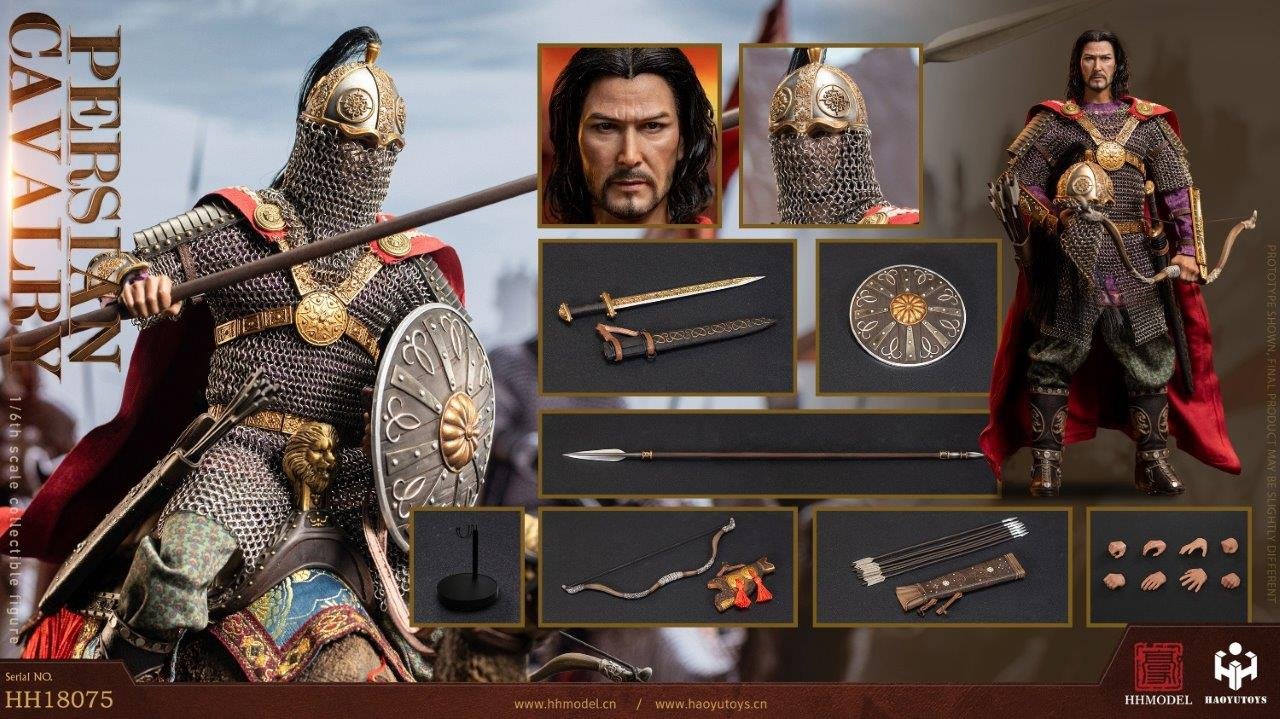Introduction
Whether you’re moving, decluttering, or just need extra space, storage units can be a lifesaver. But with so many options available, how do you choose the right one? From size and security to pricing and accessibility, there’s a lot to consider.
In this comprehensive guide, we’ll walk you through everything you need to know about storage units, including how to pick the best one, what to look for, and common mistakes to avoid. Let’s dive in!
Storage Units: What Are They and Why Do You Need One?
Storage units are rented spaces where individuals or businesses can store their belongings. They come in various sizes and types, offering flexible solutions for different storage needs.
Common Reasons People Use Storage Units
- Moving or Relocating – Need temporary storage while transitioning between homes? A storage unit keeps your belongings safe during the move.
- Downsizing – Keeping extra furniture or sentimental items you’re not ready to part with.
- Business Storage – Perfect for storing inventory, documents, or equipment without cluttering your office.
- Seasonal Items – Holiday decorations, winter gear, or summer sports equipment can rotate in and out of storage.
- Vehicle Storage – Cars, boats, or RVs that need a safe place when not in use.
With the right storage unit, you can free up valuable space at home while keeping your belongings secure and accessible.
How to Choose the Right Storage Unit Size
One of the biggest challenges is figuring out what size unit you need. Picking one that’s too small means cramming everything in, while one that’s too large wastes money.
Standard Storage Unit Sizes
| Unit Size | Storage Capacity | Best For |
|---|---|---|
| 5×5 | Small closet (25 sq ft) | Boxes, small furniture, seasonal items |
| 5×10 | Walk-in closet (50 sq ft) | Apartment move, small furniture sets |
| 10×10 | Bedroom (100 sq ft) | Contents of a 1-2 bedroom home |
| 10×20 | Garage (200 sq ft) | Large furniture, appliances, business inventory |
| 10×30 | House (300 sq ft) | Full home storage, vehicle storage |
Pro Tip: Always measure your largest items before renting. Some facilities offer virtual size guides to help you visualize how much will fit.
Types of Storage Units Available
Not all storage units are created equal. Depending on your needs, you might require special features. Here are the most common types:
Climate-Controlled Storage
Ideal for sensitive items like electronics, wooden furniture, musical instruments, or important documents. These units maintain stable temperature (usually between 55-85°F) and humidity levels to prevent damage from extreme weather.
Drive-Up Storage
The most convenient option for quick loading and unloading. You can pull your vehicle right up to the unit door, making it perfect for frequent access or heavy items.
Portable Storage Containers
Companies like PODS deliver a container to your location. You fill it at your own pace, then they’ll store it or transport it to your new location. Great for flexible moving timelines.
Vehicle Storage
Specialized storage for cars, motorcycles, boats, or RVs. Options include:
- Outdoor parking (Most affordable)
- Covered parking (Protection from sun/rain)
- Indoor storage (Full protection from elements)
Security Features to Look for in Storage Units
Your belongings’ safety should be a top priority. Here are essential security features to demand:
✔ 24/7 Video Surveillance – Cameras should cover all access points and aisles
✔ Gated Access with Personalized Codes – Limits entry to renters only
✔ On-Site Staff or Security Guards – For immediate assistance
✔ Individual Unit Alarms – Triggers if someone tampers with your lock
✔ Well-Lit Facility – Proper lighting deters theft and improves safety
✔ Fire Protection – Smoke detectors and sprinkler systems
Red Flags to Avoid:
- Broken gates or malfunctioning security systems
- Poor online reviews mentioning theft
- No staff presence during business hours
Always visit in person to assess security before renting!
Cost of Storage Units: How to Save Money
Storage unit prices vary widely based on:
- Location (Urban areas cost 20-50% more than rural ones)
- Unit Size & Type (Climate control adds 25-50% to the price)
- Demand (Prices spike during summer moving season)
Ways to Save on Storage Rentals
- Compare Multiple Quotes – Use comparison sites like SpareFoot
- Ask About Discounts – Many facilities offer:
- First month free
- Military/student/senior discounts
- Long-term rental discounts
- Choose Non-Climate Units – If storing sturdy items only
- Share a Unit – Split costs with a friend for oversized units
- Negotiate – Some managers can adjust prices, especially for long leases
Average Monthly Costs:
- Small unit (5×5): $40-$100
- Medium unit (10×10): $90-$200
- Large unit (10×30): $200-$400
Accessibility: How Often Can You Visit Your Storage Unit?
Access policies vary significantly between facilities. Consider:
- 24/7 Access vs. Limited Hours (e.g., 6AM-10PM)
- Holiday Closures – Some facilities lock gates on major holidays
- Entry Systems – Keypad codes vs. staff-assisted entry
Best Practice: If you need frequent access (e.g., for business inventory), prioritize facilities with extended hours and easy entry systems.
Packing Tips for Maximizing Storage Space
Smart packing can help you rent a smaller (cheaper) unit. Follow these pro tips:
- Disassemble Furniture – Take apart beds, tables, and shelves to save space
- Use Uniform Boxes – Same-sized boxes stack more efficiently
- Create Aisles – Leave walking paths to access items in back
- Vertical Stacking – Place heaviest boxes on bottom, lighter items up top
- Label Clearly – Mark boxes on multiple sides with contents and room
- Protect Fragile Items – Use bubble wrap and furniture pads
- Utilize Empty Spaces – Stuff clothes inside dressers or appliances
Bonus: Place items you’ll need first near the door for easy access.
Common Mistakes When Renting Storage Units
Avoid these costly errors:
❌ Not Reading the Contract – Watch for:
- Automatic payment renewals
- Hidden fees (admin, insurance, late fees)
- Required insurance minimums
❌ Choosing by Price Alone – The cheapest option often has poor security or maintenance
❌ Overpacking – Stacking too high can collapse and damage items
❌ Ignoring Climate Needs – Humidity can warp wood, grow mold, or rust metals
❌ Forgetting Insurance – Most homeowner policies don’t cover storage units
❌ Poor Organization – No system leads to frustration when retrieving items
FAQs About Storage Units
What is the average cost of a storage unit?
Prices range from $50–$300/month depending on size, location, and features. Climate-controlled units typically cost 25-50% more.
How do I know if I need climate-controlled storage?
Choose climate control if storing:
- Wooden furniture (prevents warping)
- Electronics (avoids moisture damage)
- Important documents (prevents mold)
- Wine collections (requires temp stability)
Can I rent a storage unit short-term?
Yes! Most facilities offer month-to-month leases. Some even have daily/weekly options for temporary needs.
Are storage units insured?
Facilities usually offer basic insurance (often required), but you may need additional coverage for valuable items. Check your homeowner’s policy for possible extensions.
What items are prohibited in storage units?
Typically banned items include:
- Hazardous materials (paint, chemicals)
- Perishable food
- Live plants/animals
- Illegal items
- Cash/jewelry (often excluded from insurance)
How can I find the best storage facility near me?
- Search “[Your City] storage units” on Google Maps
- Read recent reviews (focus on security comments)
- Compare prices on aggregator sites
- Visit top 2-3 facilities in person before deciding
Conclusion
Finding the right storage unit requires balancing size, security, cost, and accessibility. By following these 10 essential tips—from choosing the proper unit type to avoiding common rental mistakes—you’ll secure the perfect storage solution for your needs.
Whether you’re storing family heirlooms, business inventory, or seasonal decorations, the right facility will give you peace of mind knowing your belongings are safe and accessible when needed.
Ready to find your ideal storage unit? Start comparing local options today!









